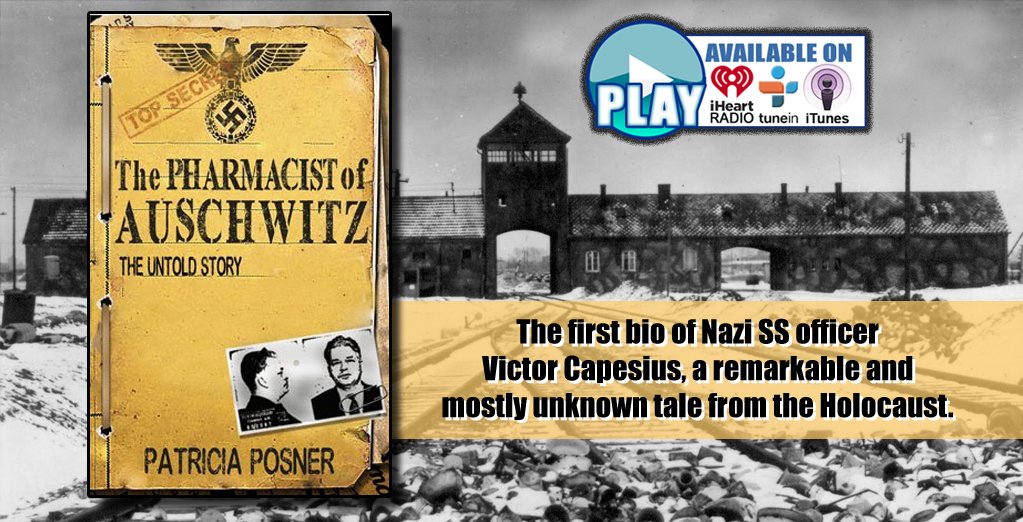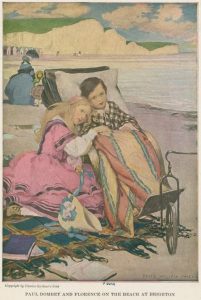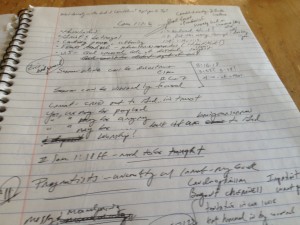Here is my Patheos review of a new Bible:
I am currently writing a book (and speaking in various places) about what it means to trust God when suffering intersects our lives. It is the culmination of thirty years of wrestling with the issue…and not just theoretically.
My dear friend, John, who himself has experienced much suffering recommended this new Beyond Suffering Bible. (https://www.amazon.com/Beyond-Suffering-Bible-NLT-Struggles/dp/1414395582) The good folks at Tyndale graciously sent me a copy.
I received a paperback version. I’m not sure whether the thin pages apply to other versions, but this one has extremely delicate paper. As an inveterate note-taker, I would prefer thicker paper. I know the arguments against thicker paper, but that is definitely my preference.
The idea behind this Bible is terrific. Joni Eareckson Tada is a great model to lead this project. Her reflections, which pepper the text throughout, are realistic, joy-filled, and honor God. Other contributors add their own reflections.
My main disappointment is with the scant commentary. Some significant verses related to suffering are passed over (e.g. Job 2:13; II Cor. 7:6), verses that are commonly taken out of context receive no commentary (Jer. 29:11; Lam. 3:22,23), and other verses commonly taken out of context receive too little commentary (Rom. 8:28; I Cor. 10:13). For this last example, the commentator does not commit the common error of saying I Cor. 10:13 is a proof text for “God never giving you more than you can handle.” I am glad for that, but it is unfortunate that the commentary here did not make clear that the context is addressing idols. The promise is that God will never allow us to be unduly tempted to believe loyalty to idols is our salvation rather than the true God.
Since many Christians struggle with the reality that God has indeed given them more than they can handle, this is a crucial area that should have been addressed.
I like the heart behind this Bible, but further editions should include many other relevant verses on suffering, and offer more teaching on popular verses we thought we knew already.



